Resources from July-August 2013 NewsNotes
Resources published in the July-August 2013 NewsNotes.

Resources published in the July-August 2013 NewsNotes.

In light of a series of calamities in Bangladeshi apparel manufacturing plants that resulted in an overwhelming loss of life, over 200 institutional investors (including the Maryknoll Sisters and the Maryknoll Fathers and Brothers), representing over $2 trillion in assets under management, issued a statement on May 16, calling on apparel industry leaders to implement systemic reforms that will ensure worker safety and welfare, and to adopt “zero tolerance” polices on global supply chain issues.
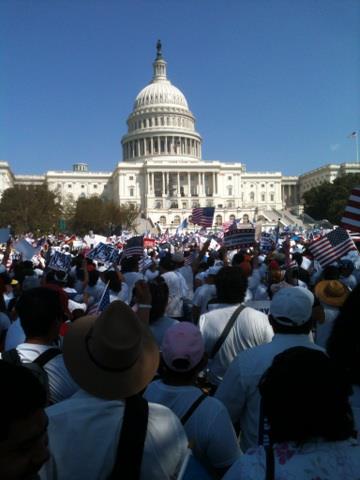
On June 27, the U.S. Senate passed S. 744, the Border Security, Economic Opportunity, and Immigration Modernization Act.
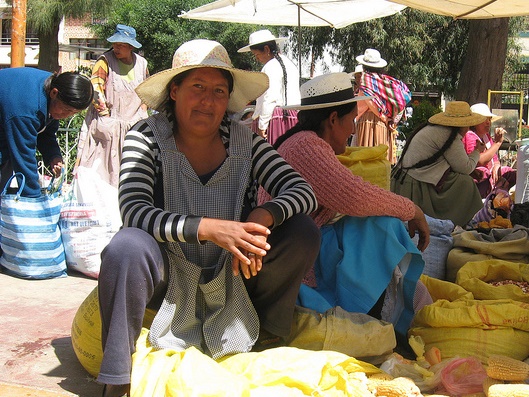
At the June 27-28 Vienna+20 High-Level Conference on Human Rights, the Global Network for the Right to Food and Nutrition (RTFN) was launched with the intent to hold governments accountable for the realization of one of the most violated human rights worldwide: the right to adequate food and nutrition.
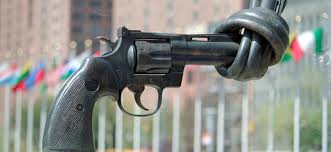
On June 3 representatives of more than 60 countries signed the historic Arms Trade Treaty (ATT) at the United Nations in New York.
On May 30, the United Nations High-Level Panel on the Post-2015 Development Agenda presented its final report, “A New Global Partnership: Eradicate Poverty and Transform Economies through Sustainable Development.”
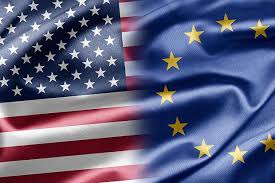
Members of civil society from both regions are raising concerns around food and agricultural provisions in the proposed TTIP that could threaten the safety of our food, our farmers and our planet.
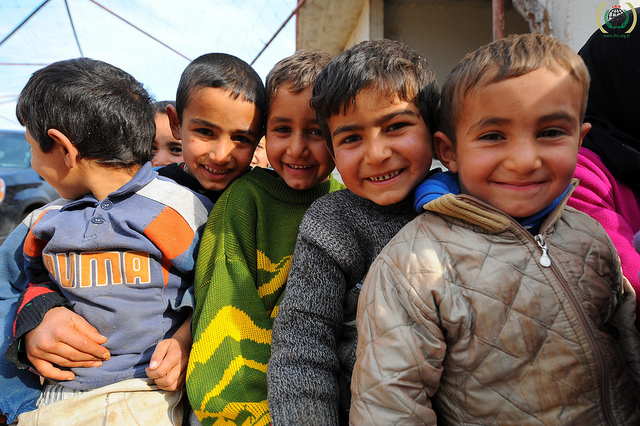
Marie Dennis, co-president of Pax Christi International, wrote the following article based on a recent visit when she and others visited Syrian refugees in Lebanon.
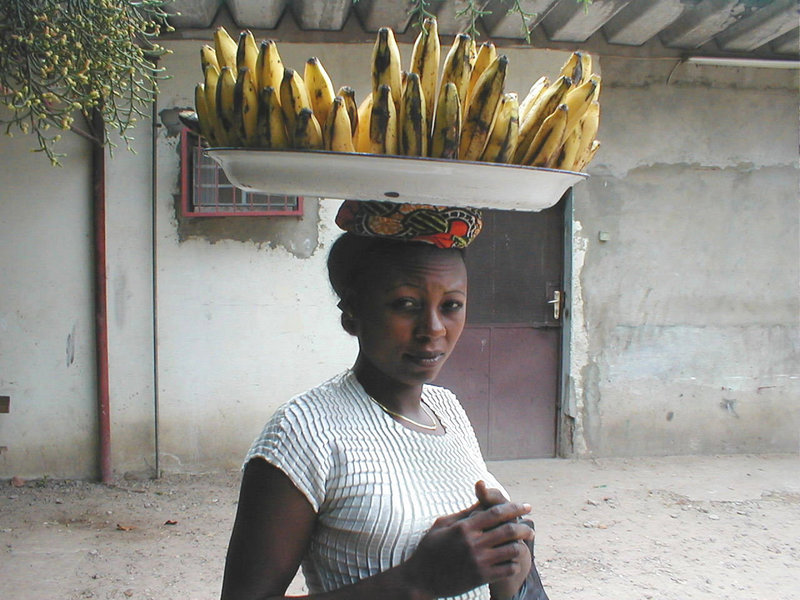
The Africa Faith and Justice Network (AFJN) joined other organizations in writing to Russ Feingold soon after his appointment as U.S. special envoy to the Great Lakes region in Africa.
President Barack Obama’s second safari (“travel” in Swahili) to Africa as head of state – scheduled June 27-July 2 – raises several interesting questions: Who will accompany him and his family to Senegal, Tanzania and South Africa? With whom will Obama meet while in Africa? What issues will be discussed in public and in private? These questions may be a guide to what to look for in the Obama visit.
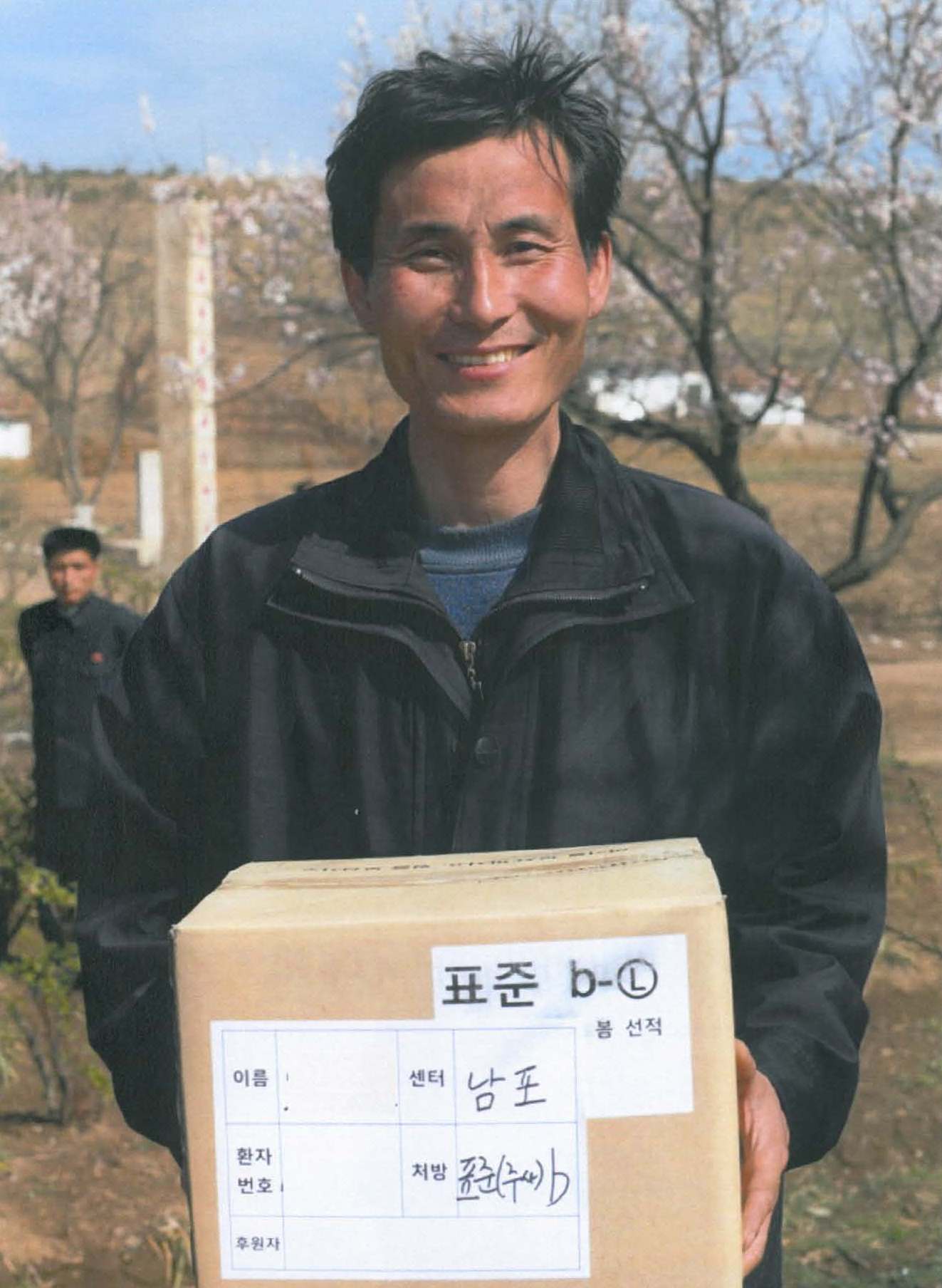
From April 18-May 4, Maryknoll Society Superior General Fr. Ed Dougherty and Maryknoll Fr. Jerry Hammond joined a small delegation that delivered medical supplies to people in North Korea who suffer from multi-drug resistant tuberculosis.
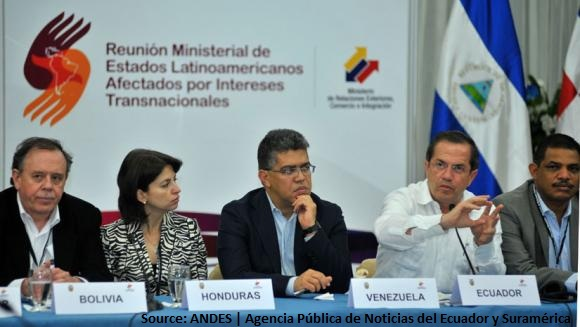
In response to the dramatically increasing number of lawsuits and claims in international tribunals by European and U.S. multinational companies, ministers and ambassadors from 12 Latin American countries met in Ecuador on April 22 at the “First Ministerial Conference of Latin American States affected by the interests of transnationals” in order to create mechanisms to better defend themselves.

While it was progressive organizations like the Free Pass Movement (MPL) that organized the marches, this year, with complaints about public services, as the protests grew in size, conservative forces tried to take control of the marches to make them appear to be a generalized clamor against President Dilma Rousseff.
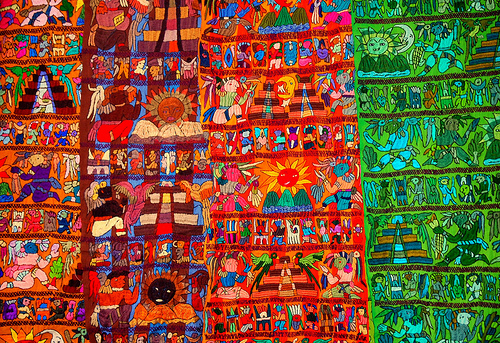
Indigenous peoples of Guatemala urge Sec. of State Kerry to hold the state of Guatemala accountable for unjust actions.
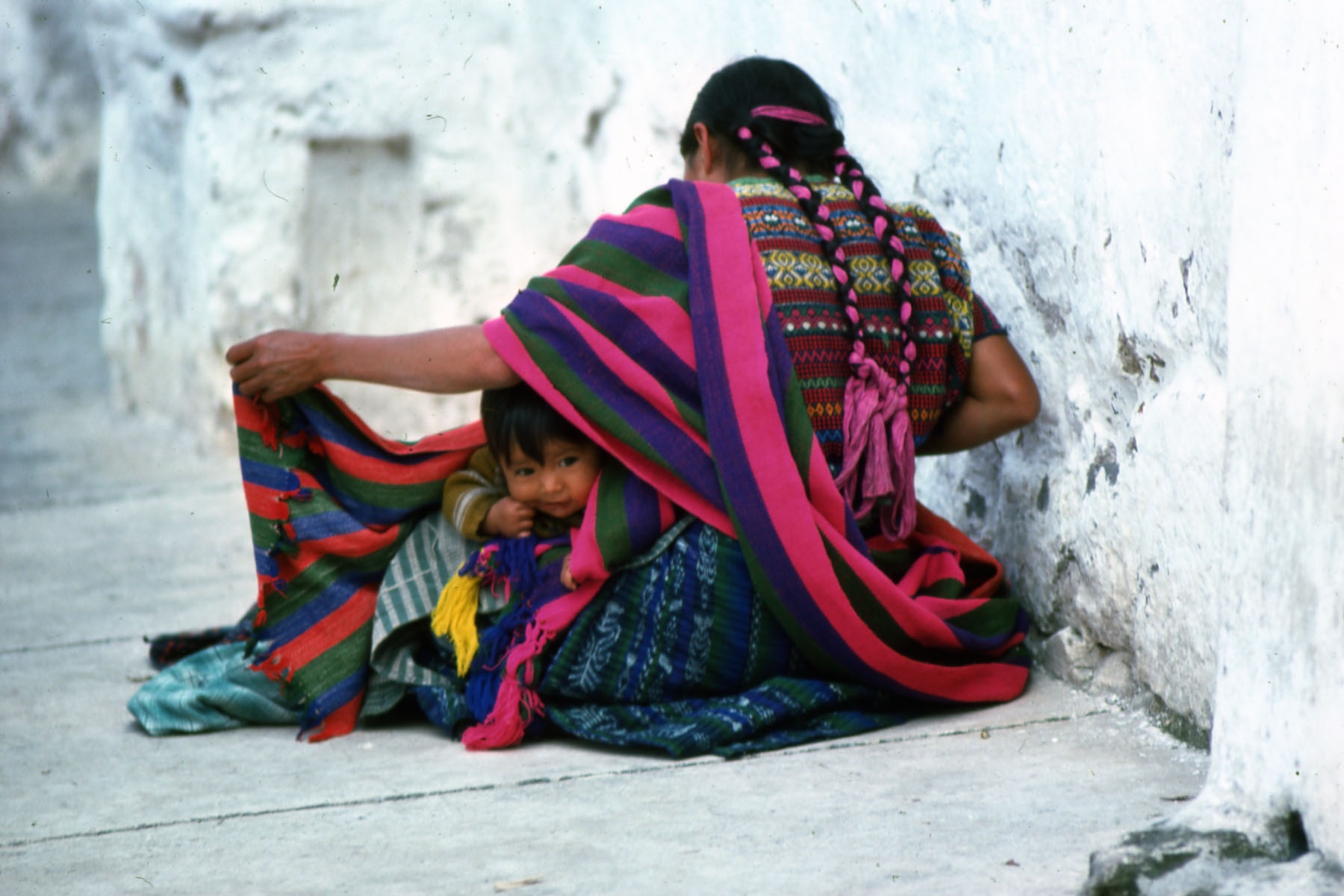
Earlier this year, when the 113th Congress passed the Violence Against Women Reauthorization Act of 2013, they included important language (PL 113-4, Sec. 1207) that requires the Secretary of State to establish and implement a multi-year, multi-sectoral strategy that includes both diplomatic and programmatic initiatives to prevent child marriage and empower girls globally.

A new statement by the Africa Advocacy Network (ADNA) — which includes the Maryknoll Office for Global Concerns — calls for a new approach to the U.S.’s trade and investment, militarization, agriculture and land policies toward Africa.

The following principles are promoted by the Extractive Industries Working Group, a coalition of faith, human rights, and environmental organizations concerned about the negative impact of extractive industries on the human and natural world.
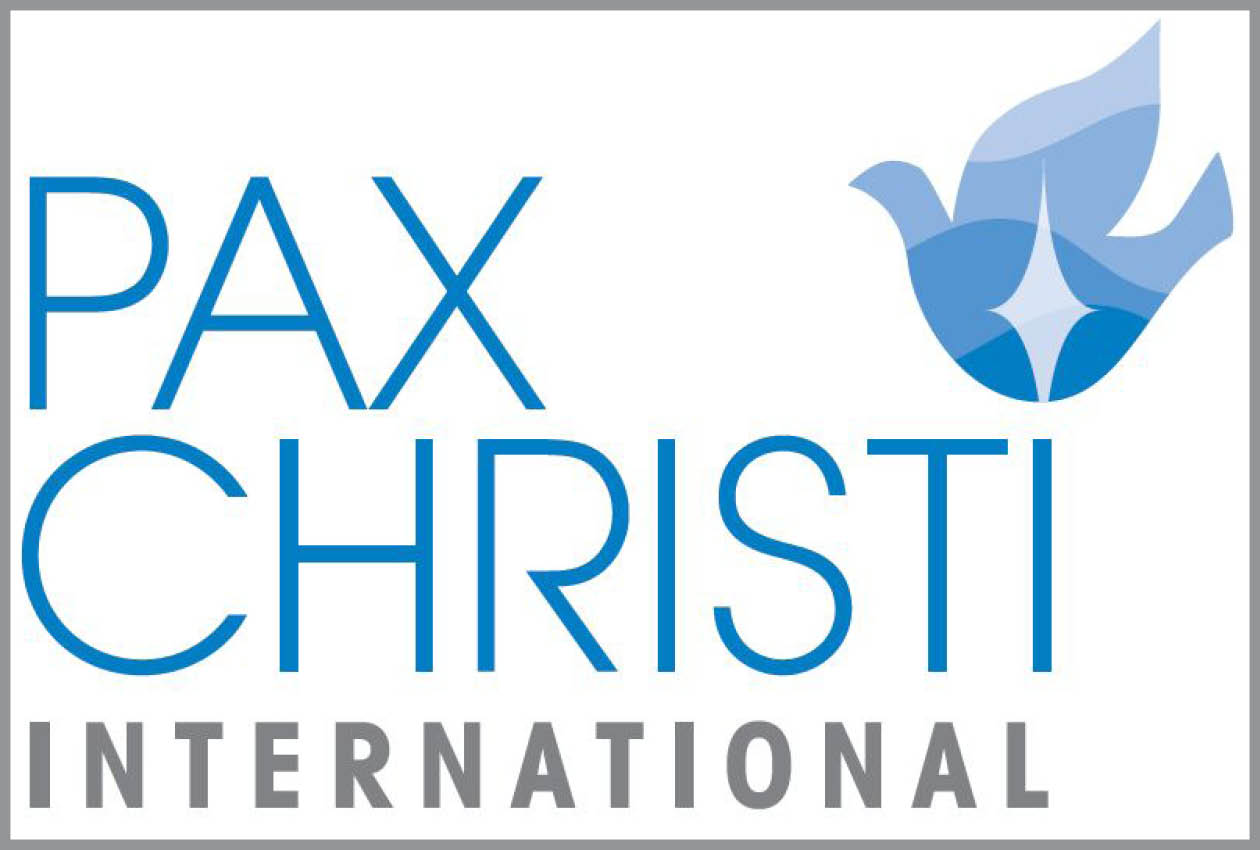
Pax Christi International members gathered in Berlin for the annual meeting.